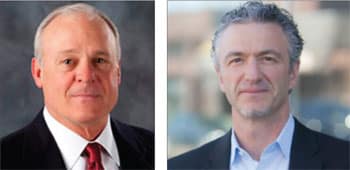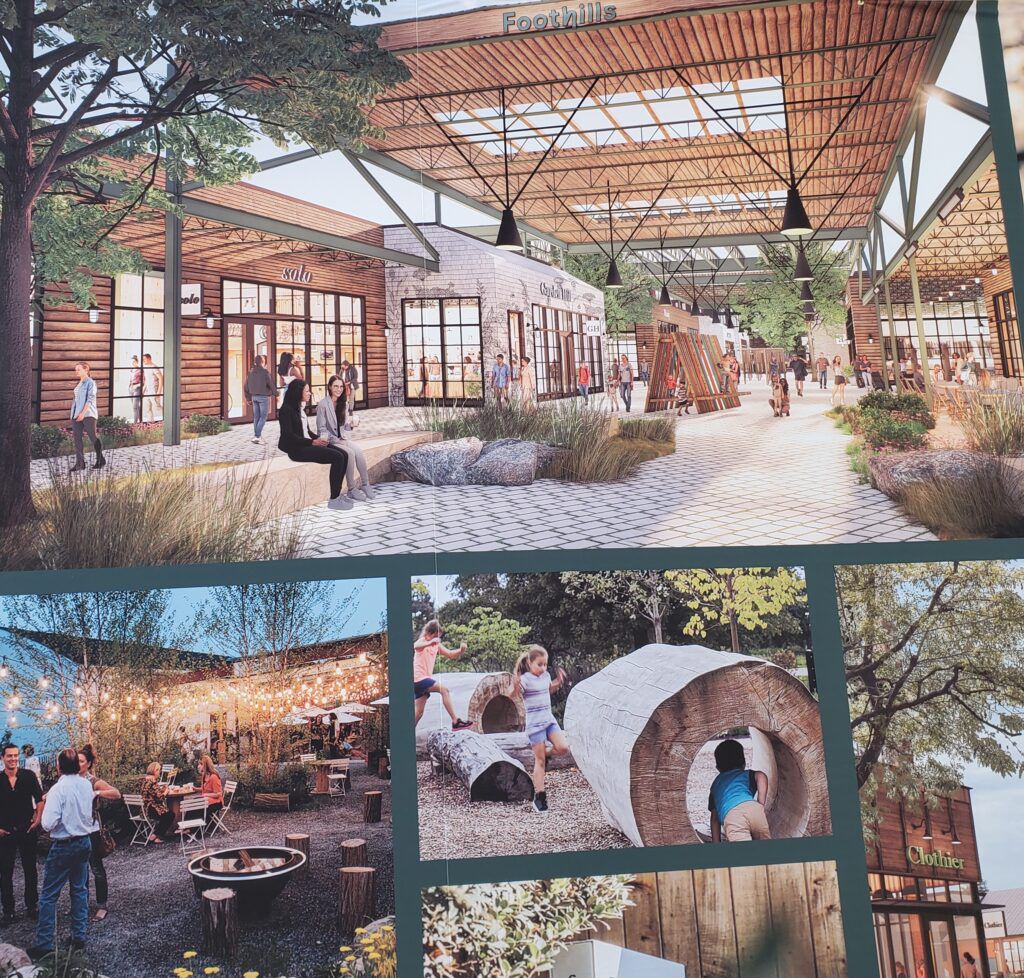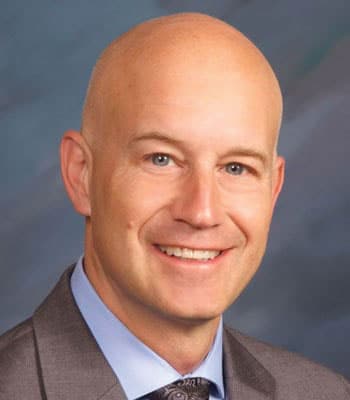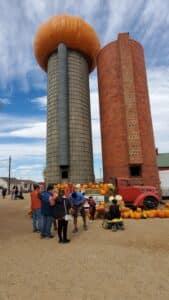Mile High Labs to leave Broomfield buildings
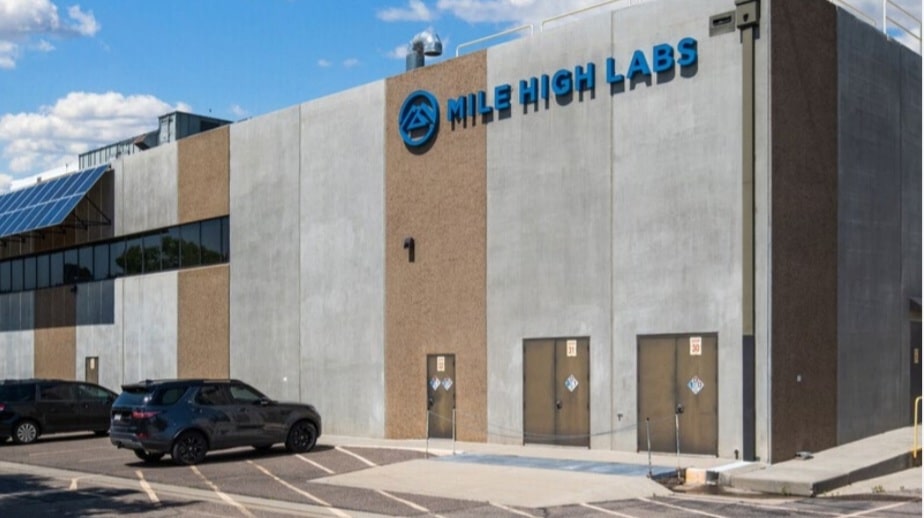
BROOMFIELD – Mile High Labs, a Loveland-based CBD producer and cannabinoid product manufacturer, is selling — and may already have sold — the large buildings in Broomfield that it purchased for $18.8 million just three years ago and expected to be the global epicenter of the CBD industry.
Marketed by Avison Young and Fountainhead Commercial real estate agencies, the 417,500-square-foot main building and 25,500-square-foot quality-control building on 20.677 acres at 2555 W. Midway Blvd. in the Atlas Industrial Park was built in 1974 for Cord Laboratories and then was purchased by Sandoz Inc. Sandoz is a subsidiary of Swiss pharmaceutical giant Novartis AG. However, Sandoz began shutting down operations there in early 2018 and laid off about 450 workers over several months.

Originally based in Longmont when it was founded in 2016, Mile High Labs moved production to a larger building at 692 N. Denver Ave., Suite 132, in Loveland in 2017. When Congress passed the 2018 Farm Bill, which legalized hemp, production of the crop almost immediately tripled in the U.S. and created a large demand for CBD. Mile High began looking for a larger building.
Aided by a $65 million term-loan facility from investment group MGG Capital, Mile High Labs purchased the Broomfield facility in 2019 and had been using it for the manufacture of cannabidiol (CBD) consumer products such as gummies, lotions, tinctures and other personal products, intending to make pharmaceutical-grade cannabis the industry standard.
Officials of Mile High Labs did not return multiple emailed and telephoned requests seeking comment on why the building was being sold or whether its operations would be consolidated at the Loveland facility. However, Jeff Romine, director of economic vitality for the city and county of Broomfield, said “it is our understanding that they never fully occupied the building.”
Recalling conversations with Mile High Labs officials when they first purchased the facility, Romine said “they were going to be global dominant in that market, and so their appetite for space and the appetite for where the business was going to go was robust. They did occupy it and utilize it for their business, but they never needed the 400,000 square feet.
“It turned out to be bigger than they needed,” he said.
“We’ve talked to their real estate agents over the past six months, and they’ve been preparing for this,” Romine said. “It is our understanding that they are preparing to sell it or may have already sold it, but they should be moving toward a sale point.”
He said he was aware of a letter of intent and due diligence by the prospective buyers.
“The people who are acquiring the building have reached out to us and started getting together how they’ll be using it and how they’ll be adjusting the building. They’re still working through those plans and those ideas, and so I can’t really speak to specifics on what it will become, but it will not be a single user going forward.
“Finding somebody that can utilize a 400,000-square-foot building is very rare,” Romine said, “especially that type of building and that type of location. It’s not a logistics type of building. It’s likely it will be more production, like it has been, and multiple users as opposed to a single one.”
Gov. Jared Polis provided the keynote address at Mile High Labs’ ribbon cutting in Broomfield, proclaiming Oct. 8, 2019, to be “Mile High Labs Day” in Colorado and declaring that, “thanks to Mile High Labs, we have a new incubator for research and collaboration within the cannabinoid extraction industry. Just as Silicon Valley fostered innovation and collaboration in the tech industry, Broomfield will become the center for the CBD industry to learn, innovate, and grow.”
Stephen Mueller, then Mile High Labs’ CEO, told BizWest when the Broomfield building was purchased in 2019 that he expected the company to move its Loveland purification operation to the new plant, bring in additional staff to have about 350 employees in total in Broomfield within three to four months, and could employ more than 1,200 people at its operational peak and produce millions of units of CBD products annually. In that interview, he said the deal paid for itself almost immediately in savings, since it included all of Sandoz’s equipment in the building, which he estimated to be worth about $160 million.
According to his LinkedIn profile, Mueller left Mile High Labs in August 2020 and now bills himself as being a retired “adventurer and gentleman scientist.”
Just before opening the Broomfield facility, Mile High Labs unveiled what it called “the Mile High Monster,” an industrial-scale modular CBD extraction facility it installed on a partnering farm, with the ability to process 50 acres of hemp per day into full-spectrum oil, the baseline ingredient from which CBD products are made. The company said the Monster could increase its production capacity by more than 500%.
Source: BizWest

